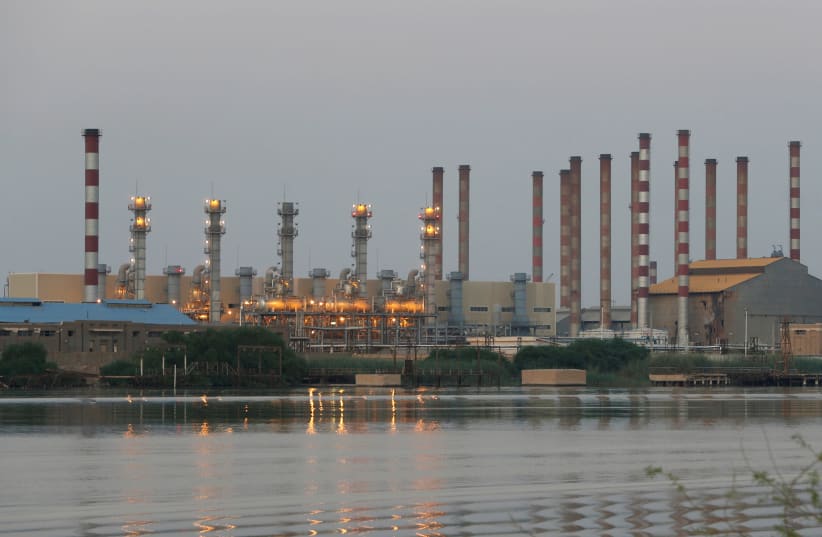Threats from Egypt and the United Arab Emirates have stopped GNA advancements, as no one wants a direct international war in Libya. The Libyan National Army, led by Field Marshall Khalifa Haftar, licks their wounds following a series of defeats and has turned their strategy to one of economic warfare.
The LNA’s primary tool is an oil blockade meant to cut off the government in the West. The LNA controls Libya’s oil fields, the lifeblood of the Libyan economy. The forces also control much of Libya’s coastline, preventing tankers from transporting oil across the Mediterranean.
Their strategy is simple, cut off the primary source of government revenue to gain a better footing in negotiations. Since January, the blockade has been in place, but the LNA has reaffirmed that the blockade will not cease until demands are met.
Haftar’s blockade has been devastating for the Libyan economy. The Libyan Central Bank estimates a loss of over seven billion dollars in revenue due to LNA oil policies. Libya produced north of a million barrels of oil a day pre-blockade; production now sits at around one hundred thousand barrels.
If the blockade continues to hold, the GNA faces potential economic collapse. In a surprising turn of events, the Libyan National Oil Corporation directly blamed the Emirates for backing the blockade. It appears that economic warfare may be delivering a much larger toll on the government than the military campaign.
One of the demands of the LNA is an international audit of Libya’s Central Bank. Haftar believes that an examination will expose corruption within the internationally recognized government. The LNA argues that the GNA has withheld oil funds to line their own pockets, stealing from Libyan citizens.
The GNA claims Tripoli is open to an audit, and that, instead, it is the House of Representatives in the East with something to hide. The LNA regularly accuses Haftar of stealing funds to pay family members. In reality, neither side of this civil war is void of mismanagement of resources.
Haftar knows the war is not currently in his favor. There have been several reports that Haftar’s private jet made a trip to Caracas, Venezuela, to exchange currency for gold. The gold serves as an insurance policy in case international sanctions freeze Haftar’s assets.
Such steps only make the LNA’s footing more complicated. Venezuela is selling gold at a deep discount to counter US sanctions, partnering with Maduro could turn off Haftar’s European allies, and force the US to officially pick a side. France may be reevaluating their behind-the-scenes support of the LNA. The French seek to eliminate terrorist organizations that exist within southern Libya, and they have no real attachment to whomever can provide this for them.
If Haftar continues to upset his allies, a new leader of the LNA could be in order. The Speaker of the Libyan House of Representatives is on tour in Europe. Speaker Aguila Saleh hopes to show the LNA is more than a power-hungry Haftar. Saleh is pushing an initiative, proposed by President Abdel Fattah al-Sisi of Egypt. Sisi’s plan calls for an entirely new Libyan government based in Sirte, which would comprise a presidential council, two vice presidents, and a prime minister.
The GNA rejected the “Cairo Initiative” on its arrival. Saleh wants the UN and international community to pressure Turkey to pull out of Libya. A report by the US Department of Defense’s inspector general estimates over three thousand Syrian mercenaries have been sent to Libya by Turkey. Both the GNA and LNA have made requests for foreign fighters to leave the nation while accepting foreign assistance.
The GNA is running out of options. If the blockade does not cease, the country will fall into more profound economic ruin. Haftar knows the GNA does not want to call Egypt’s bluff on a red line in Sirte/Jufra; he plans to starve them out.
That being said, the GNA will attempt to liberate the oil fields before they allow themselves to be bullied into an unfavorable deal. At any moment, Libya is set to boil over into the next chapter of its civil war. We have entered a battle of wills; the next phase will be decided by who blinks first.
The writer is the Western Regional Vice Chairman of the Arizona Federation of College Republicans.
